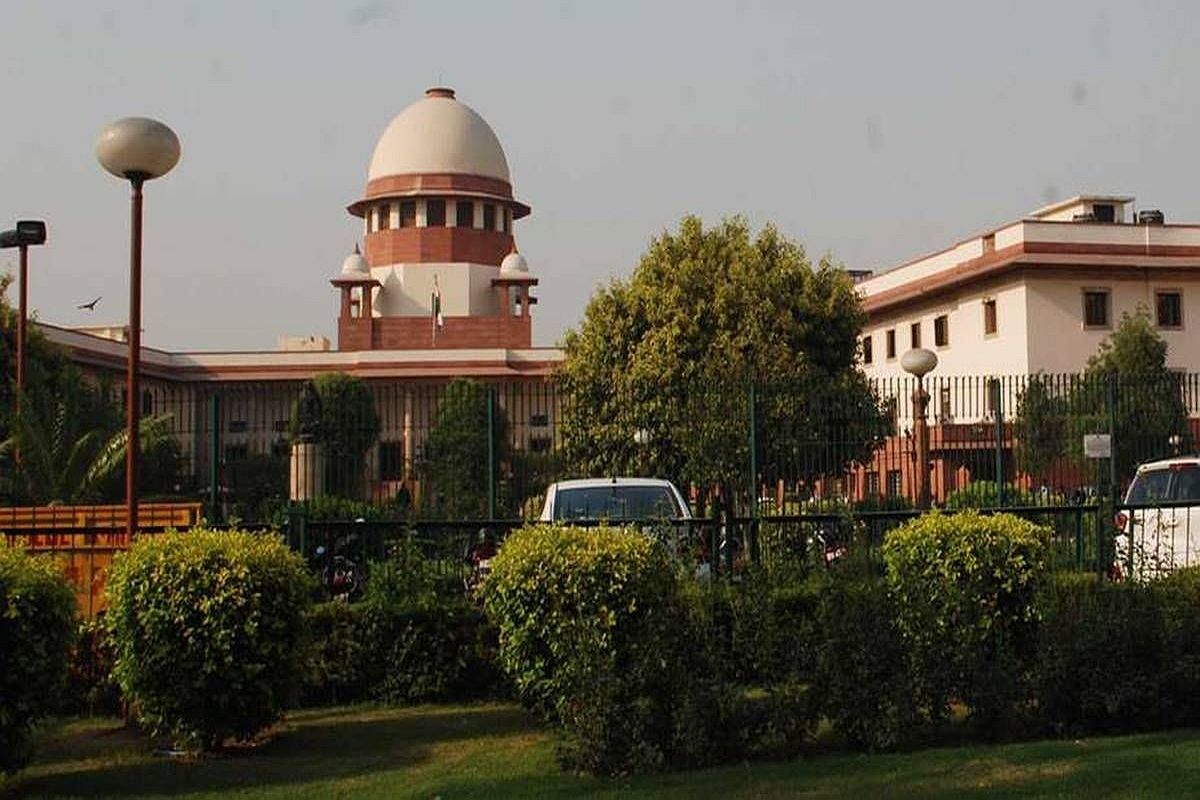The Supreme Court on Wednesday reserved order on pleas challenging restrictions in Kashmir even as it observed that it was “more concerned” about the future.
The apex court was hearing on a batch of petitions filed by Kashmir Times Editor, Anuradha Bhasin and Congress leader Ghulam Nabi Azad, with respect to restrictions on communication and other curbs after the abrogation of Article 370 in Jammu and Kashmir.
Advertisement
Kapil Sibal representing petitioner Ghulam Nabi Azad told the top court that the argument by the Centre linking Section 144 and national security is wrong.
“Union government says that it’s a matter of national security. Where is the mentioning of national security in Section 144? Section 144 doesn’t reflect any kind of problem in national security. The argument by Government is wrong,” Kapil Sibal said.
“You can take people into custody. You can say Section 144 is imposed. But you cannot take 7 million people into custody under the name of national security, Sibal argued.
On Tuesday, Solicitor General Tushar Mehta, citing a speech of Mehbooba Mufti before the revocation of Article 370, had told the Supreme Court that “India will become an occupational force like Israel in the case of Palestine”.
The Centre, while justifying imposition of restrictions on Kashmir post August 5, told a bench headed by Justice NV Ramana that political leaders in Kashmir instigated an uprising propagating anti-India sentiments through several public speeches.
Mehta told the apex court that opposition leaders referred to local militants as “sons of the soil”. In one of the provocative speeches, Mehta said the leaders, citing the special status of Kashmir, warned not to “play with fire, else it will burn you”. “Which flag will Jammu and Kashmir pick other than Indian flag?” Mehta cited one of the speeches.
He said the separatists are engaged by mainstream political parties to force a discussion on a situation, and then devise a mechanism for a response. Mehta said statements have been expressed that Kashmir would have its own prime minister.











